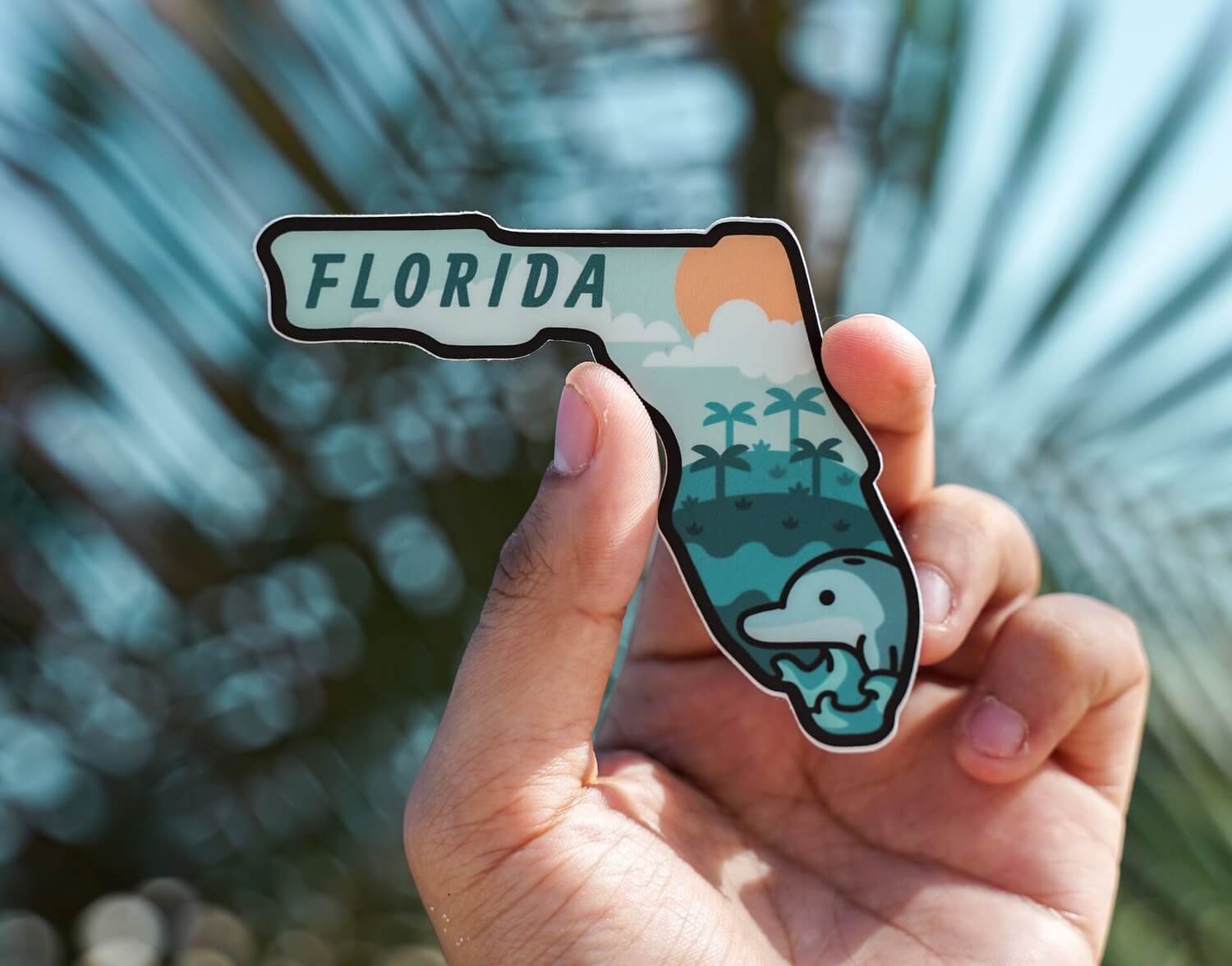How Much Does a Partial Hospitalization Program for Depression Cost?
The cost of a Partial Hospitalization Program (PHP) for depression generally falls within the range of $350 to $750 per day. Often, private mental health rehab facilities cost more than public or government-funded. However, this range can vary based on multiple factors, such as the program’s location, duration, and the specific services offered.
It’s essential to consider additional treatment fees for depression, including psychiatric assessments, medications, and individual psychotherapy sessions, which can contribute to the overall financial commitment. Consulting with insurance providers and investigating potential financial aid or payment arrangements can assist you in making well-informed decisions regarding participation in a PHP for depression.
You can conveniently check your insurance via our confidential online form. Or, call 877-958-9212 to speak with one of our helpful patient advocates, who will be happy to verify your insurance benefits and details and walk you through the rehab admissions process.
How Much Does Inpatient Residential Depression Treatment Cost in South Florida?
Understanding the expenses associated with inpatient residential depression treatment in South Florida, particularly without insurance, is a crucial step on the path to recovery. The cost of this type of therapy can vary widely. For instance, online sources suggest that inpatient psychiatric treatment can average between $1,000 to $2,000 per day or more, depending on the location and level of care needed. More comprehensive residential programs may range from $20,000 to $65,000 per month.
However, it’s important to remember that these figures are averages and actual costs can vary depending on individual circumstances and needs. At The Sylvia Brafman Mental Health Center, we strive to provide clear and comprehensive information about these costs. We understand that not everyone has insurance coverage, and we’re committed to making mental health care accessible for everyone. For more accurate and personalized cost information, we encourage you to reach out to us directly.
What Therapies Are Used to Treat Depression?
The Sylvia Brafman Mental Health Center employs multiple therapeutic approaches to address depression effectively. Psychotherapy, including cognitive-behavioral therapy (CBT), is a cornerstone of the programs, focusing on identifying and modifying negative thought patterns to promote positive changes. Additionally, medication management is integral to treatment, carefully evaluating individual needs and potentially incorporating common antidepressants known for their efficacy.
Commonly prescribed antidepressants, such as selective serotonin reuptake inhibitors (SSRIs) like fluoxetine (Prozac) and sertraline (Zoloft), alongside serotonin-norepinephrine reuptake inhibitors (SNRIs) like venlafaxine (Effexor) and duloxetine (Cymbalta), play a crucial role in managing depression. Tricyclic antidepressants (TCAs), like amitriptyline, and monoamine oxidase inhibitors (MAOIs), such as phenelzine, represent older classes with specific indications. The choice among these medications depends on individual responses, side effect profiles, and medical considerations, emphasizing the need for personalized treatment plans to address the complexities of depression successfully.
Additionally, at The Sylvia Brafman Mental Health Center, we’re equipped to offer Transcranial Magnetic Stimulation (TMS). Utilizing magnetic fields, this non-invasive procedure stimulates nerve cells in the brain. TMS is especially beneficial for individuals who may not have experienced positive responses to conventional treatments, as the innovative approach provides an alternative avenue for treatment-resistant depression (TRD). These therapeutic modalities, among many others, collectively contribute to the comprehensive, tailored treatment plans offered at The Sylvia Brafman Mental Health Center, ensuring a holistic approach to addressing depression.
Does Insurance Cover Depression Treatment?
Yes, mental health insurance coverage for depression treatment is common, but the extent of coverage varies. Many health insurance plans offer some level of coverage for psychological health services. Check your specific insurance policy, understand the terms, and inquire about any copayments or deductibles associated with depression treatment to ensure a clear understanding of depression support pricing.
For further details on Florida depression therapy rates or affordable mental health services, reach out to us at The Sylvia Brafman Mental Health Center. If applicable, we can contact your insurance provider and then walk you through the specifics of your depression treatment costs. Call 877-958-9212.











